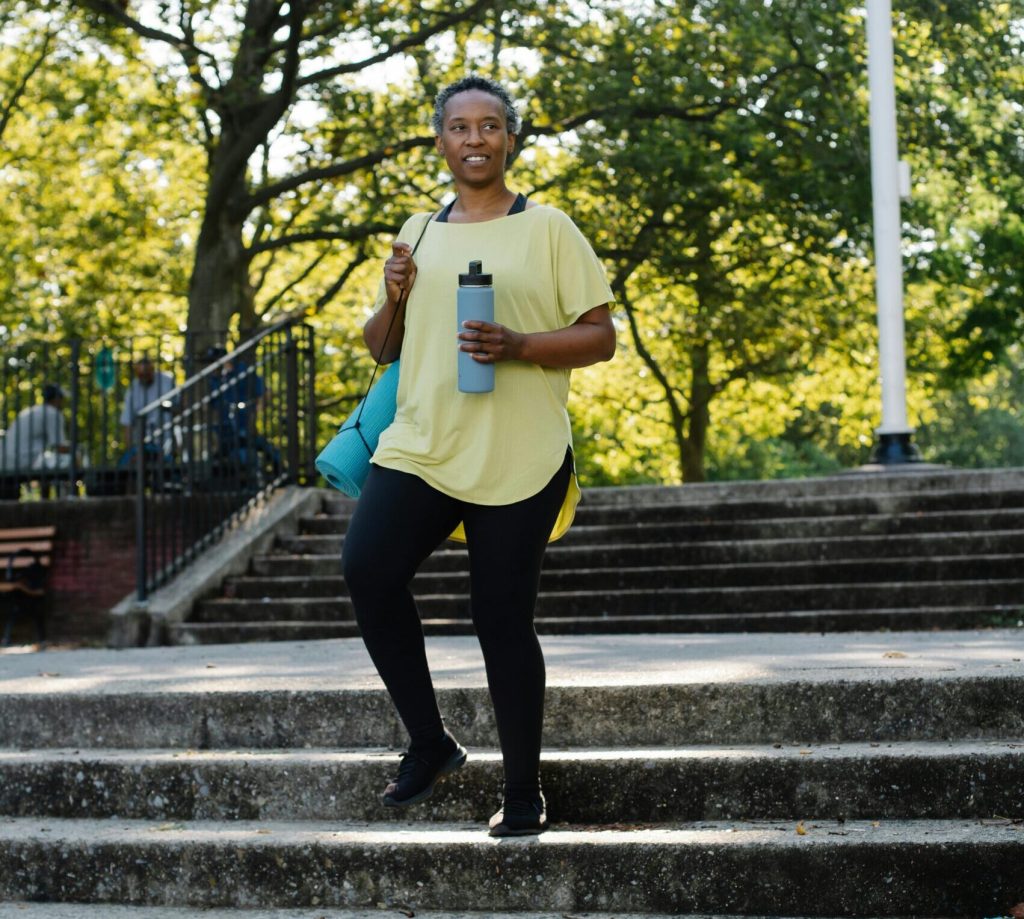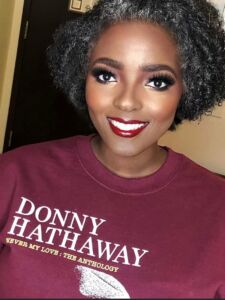By Joshua Levi Perrin
In a culture that profits from confusion, clarity is a form of protection—especially when it comes to health. From social media influencers promising overnight cures to underfunded clinics and biased algorithms, it’s easy to feel both overexposed to health content and under informed when it matters most.
For Black communities—and particularly Black women—navigating healthcare systems that have long ignored their needs requires self-advocacy and a heavy dose of reliable information. Women’s Health Month calls out an opportunity to examine how health is pursued, preserved and protected amid the noise.
Sifting Fact from Fiction in a Health Misinformation Landscape
From TikTok tutorials to wellness podcasts, information about health is everywhere. But more is not always better. A 2020 Pew Research Center survey found that the majority of Americans blame social media for misinformation.
In an environment where misinformation can be deadly, learning how to evaluate sources is a skill that serves everyone—and safeguards collective wellness.
For those seeking accurate, culturally competent guidance, these indicators can help assess reliability:
- Seek trusted health sources. Some reputable entities include global and academic leaders like the World Health Organization, Meharry Medical College, Johns Hopkins, and Harvard, as well as philanthropic sources like the Robert Wood Johnson Foundation and Kaiser Health News. Community-based platforms such as BlackDoctor.org also provide culturally grounded insights tailored to the lived experiences of Black patients.You can also view our curated list of Black Health Resources and Organizations.
- Transparency matters. Reliable content documents findings, avoids sensational language and doesn’t promise instant results.
- Cross-checking is key. If new health information is cited, compare it across several reputable platforms and consider reaching out to a licensed provider for context.
Everyday Health, Without the Luxury Price Tag
 Health isn’t defined by access to boutique gyms or expensive supplements. While systemic barriers to care remain a reality, there are evidence-based habits that support physical and emotional well-being without high costs.
Health isn’t defined by access to boutique gyms or expensive supplements. While systemic barriers to care remain a reality, there are evidence-based habits that support physical and emotional well-being without high costs.
- Nutrition: Incorporating more fiber-rich vegetables, whole grains, and lean proteins into meals can significantly impact long-term health. Frozen or canned produce (with low sodium or no added sugar) are budget-friendly options often overlooked in wellness discourse.
- Movement: The CDC recommends at least 150 minutes of moderate physical activity weekly. That can include walking, dancing, housework, or neighborhood workouts—forms of movement that are both accessible and sustainable.
- Hydration and sleep: Basic, often undervalued aspects of health include drinking more water and at least 7 hours of sleep per night are foundational in supporting energy, focus, immunity and mood.
The broader wellness industry has commercialized many of these practices, but the principles remain rooted in simplicity and repetition.
Stress, Mindfulness, and the Stakes for Black Communities
 The physical toll of stress is well documented. Chronic stress has been linked to hypertension, heart disease, digestive issues and mental health conditions. These outcomes disproportionately impact Black women, who are more likely to face multiple overlapping stressors related to caregiving, employment, racism and medical discrimination.
The physical toll of stress is well documented. Chronic stress has been linked to hypertension, heart disease, digestive issues and mental health conditions. These outcomes disproportionately impact Black women, who are more likely to face multiple overlapping stressors related to caregiving, employment, racism and medical discrimination.
Managing that stress can build resilience. Mindfulness—whether through guided meditation, deep breathing, prayer, journaling, or simply taking a quiet walk—can interrupt the body’s stress response and help recalibrate the nervous system. According to the American Psychological Association, even short, consistent mindfulness practices can lower cortisol levels and improve cognitive function over time.
There’s no one-size-fits-all approach to health, and there never has been. But there are tools that can help communities navigate the complexity: critical thinking, collective care and culturally grounded support. As digital platforms continue to shape what’s seen and shared about health, being a savvy consumer puts you on the path to reclaiming authority, aligning choices with your needs and building habits that promote better quality of life.
In that process, Black communities—especially Black women—continue to lead the way in defining what holistic, accessible and transformative health truly looks like.
Joshua Levi Perrin is a writer for Unerased | Black Women Speak.





